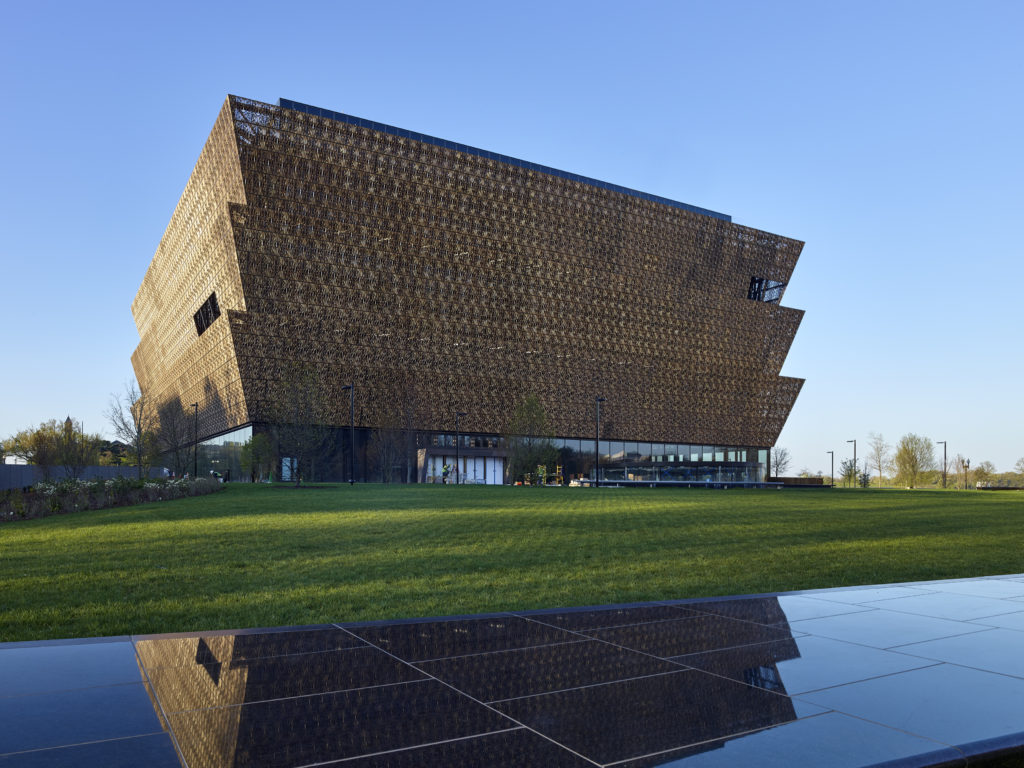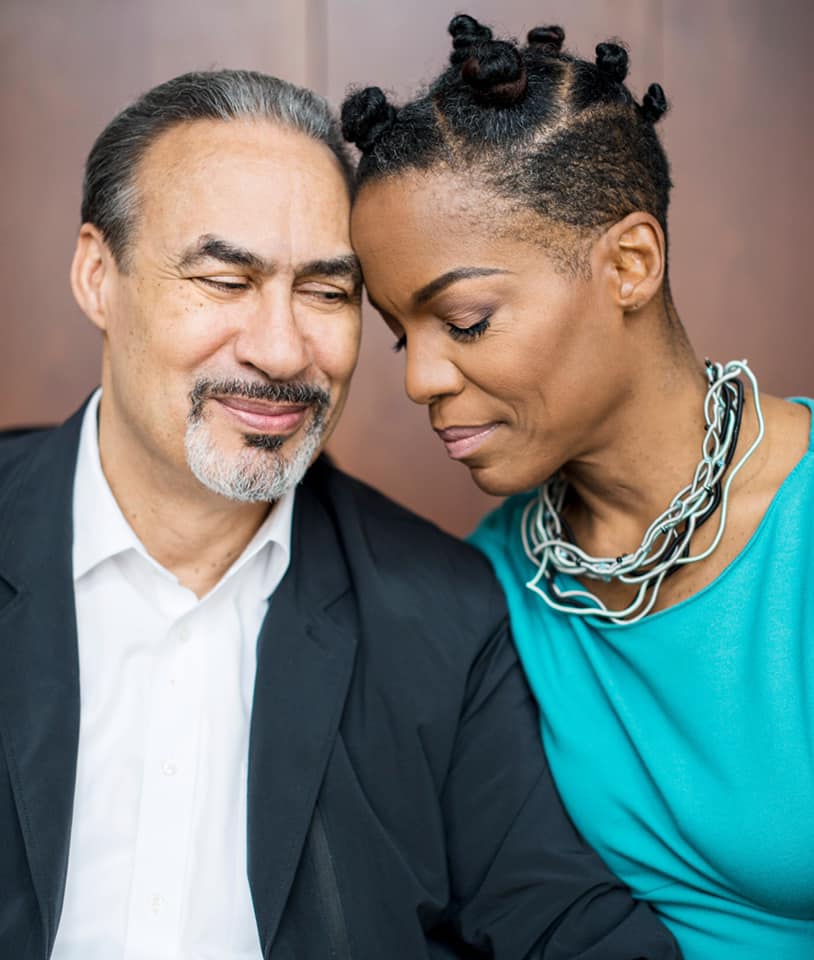The Philly-born Architect of the National Museum of African American History and Culture in Washington, has died at 66.
Philadelphia native, renowned architect, photographer, fisherman, husband, and father of three, Phil Freelon, died Tuesday in North Carolina. Freelon was 66 and had suffered from ALS for several years. The renowned architect designed buildings ranging from local libraries to the extremely popular Smithsonian’s National Museum of African American History and Culture. The museum opened in September 2016 in Washington, D.C., to wide acclaim attracting more than 1.3 million visitors in the first six months. The building’s three-tiered shape was inspired by a symbol from the Yoruba people of West Africa featuring a crown.
Born in Philadelphia in 1952, Freelon grew up watching his grandfather, a Harlem-Renaissance era-artist, paint with oils in his studio. “I’ll remember him as one of the most gifted architects I’ve ever worked with but also one of the kindest individuals I’ve ever known,” said Lonnie Bunch, founding director of the African American Museum and now secretary of the Smithsonian Institution, overseeing 19 museums and other organizations.
One of Freelon’s most important contributions to the museum was recognizing the National Mall as “sacred space,” Bunch said, so visitors “didn’t just go into a building they could look out and see where history occurred. So that was kind of his genius.”
Sacred space for healing, arts, and spiritual connection were at the core of the Northstar Church of the Arts Freelon founded in 2018 with his wife, Grammy-Award nominated vocalist Nnenna Freelon.
According to the Associated Press, Freelon was “diagnosed with amyotrophic lateral sclerosis, also known as Lou Gehrig’s disease, a degenerative neurological disease that leads to total paralysis, months before the Washington museum opened. His disease slowed him, but he kept working, with projects that included a $50 million expansion of the Motown Museum in Detroit.”
While his national reputation grew, he declined to design prisons, casinos or strip shopping malls. Instead, he focused on libraries, museums, and schools because he preferred “projects that contribute to society in some way,” he said in an interview with The Associated Press in February 2017.
In 2012, President Barack Obama appointed Freelon to the U.S. Commission of Fine Arts, and he has served as a visiting lecturer at MIT’s architecture school as professor of the practice, reports ArtNews.
A Facebook page message suggested that in lieu of flowers, those who want to honor his legacy become sustaining donors of Northstar Church of the Arts, “so that the same creative and spiritual energies that nurtured him throughout his life, may positively impact others, especially in his adopted home of Durham, North Carolina.”
A service will be held September 28 at the Durham County Human Services Complex, which Freelon designed. Survivors include his wife, the Grammy-nominated singer Nnenna Freelon; and three children. The Freelon family is planning a memorial service this Fall. Details are forthcoming.


